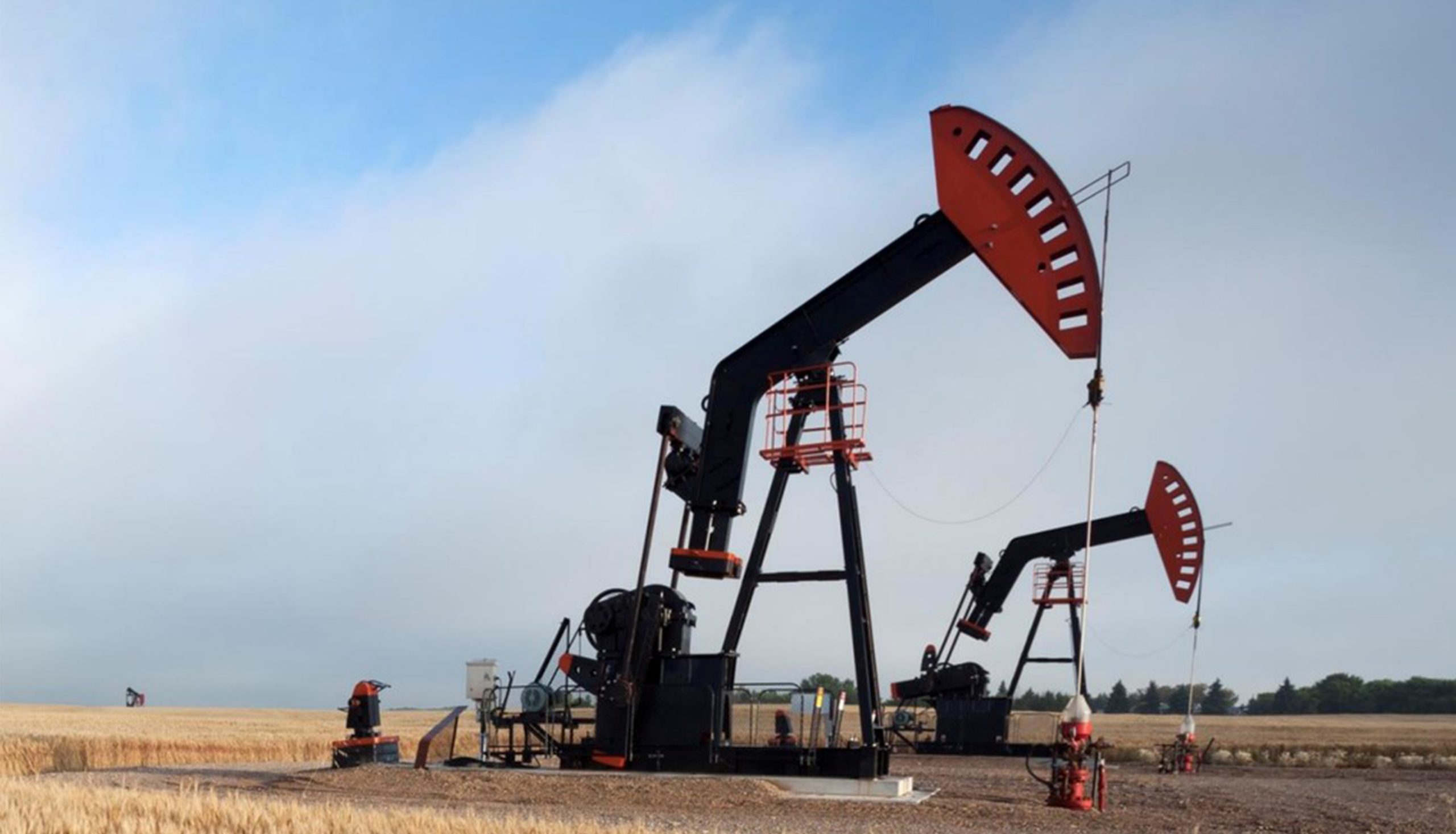Fertilizers are fundamental to enhancing crop yields and feeding the world's ever-growing population. Despite the benefits of fertilizers, their excessive use can cause ecological issues like soil degradation, greenhouse gas emissions, etc. So it is vital to reduce fertilizer emissions; researchers have done a lot to realize that in the current years. According to a new study, it is possible to decrease fertilizer emissions by 80% by 2025.
This innovative study was published in a journal named Nature Communications. It suggested that a mixture of creative technologies in line with changes in consumer behavior can cause a considerable reduction of harmful emissions. Researchers utilized a computer model in this study and imitated the effects of different strategies on the issue.
The Findings of the Study
The study shows that by accepting some sustainable measures like crop rotation and reduced tillage, farmers will consume less fertilizer, which significantly reduces associated emissions. The study also recommends that farmers use more careful agriculture tricks like global positioning systems and drones to supervise crops and apply fertilizers with more care and precision.
The productivity and effectiveness of the fertilizer supply chain are other significant recommendations from this study. It involves reducing energy, better fertilizer distribution, and decreasing waste. The researchers also talk about food waste reduction, which can lead to less fertilizer consumption.
Reduction in Fertilizer Emissions Needs Coordination
According to the study's authors, the 80% reduction in fertilizer emissions can be achieved through coordinative effects from policymakers, farmers, and various available consumers. Governments can play an important role here and provide enough financial motivation for farmers to adopt new and innovative technologies. Consumers can also help by decreasing food waste and choosing sustainable and appropriate products.
The Impact on the Ecosystem
The reduction in fertilizer emissions can affect our planet significantly. The primary components of fertilizers can cause water pollution if they enter the rivers, oceans, etc. Aquatic ecosystems can suffer from this pollution, and harmful algae blooms can occur. Nitrogen fertilizers are the primary source of greenhouse gas emissions, leading to climate change.
The reduction in fertilizer emission is helpful for the farmers due to benefits like soil health and reduction in input costs. If the farmers use sustainable practices like cover crops, the soil will be much healthier, and less
fertilizer will be required. Applying precise techniques can help efficiently use fertilizers and increase the gains.
Final Thoughts
According to the findings of this study, there's hope to reduce fertilizer emissions by 80% by 2025. Sustainable practices and improving the supply chain are vital to achieving this goal. As we mentioned earlier, policymakers, farmers, and consumers must cooperate to realize this dream. We can control the impact of fertilizers and build a healthier future if we work together. Governments can play a vital role in addressing this challenge, and no one can ignore the effect of financial incentives from them. Feel free to talk about your thoughts and leave us comments.



